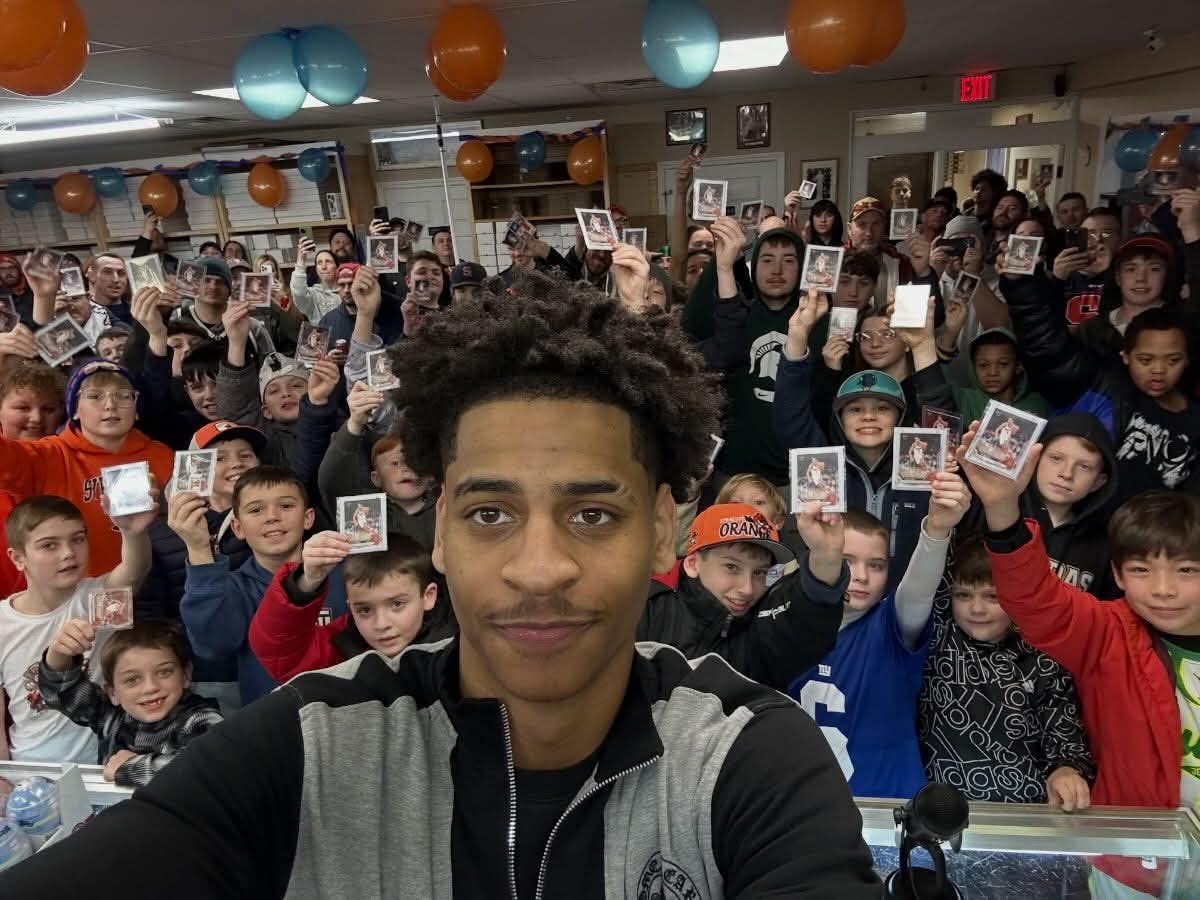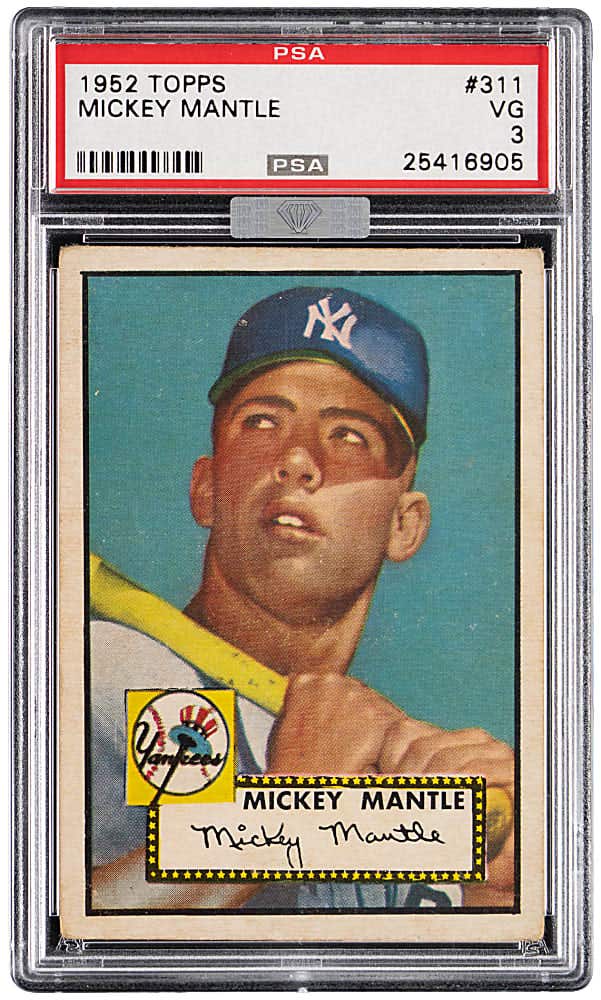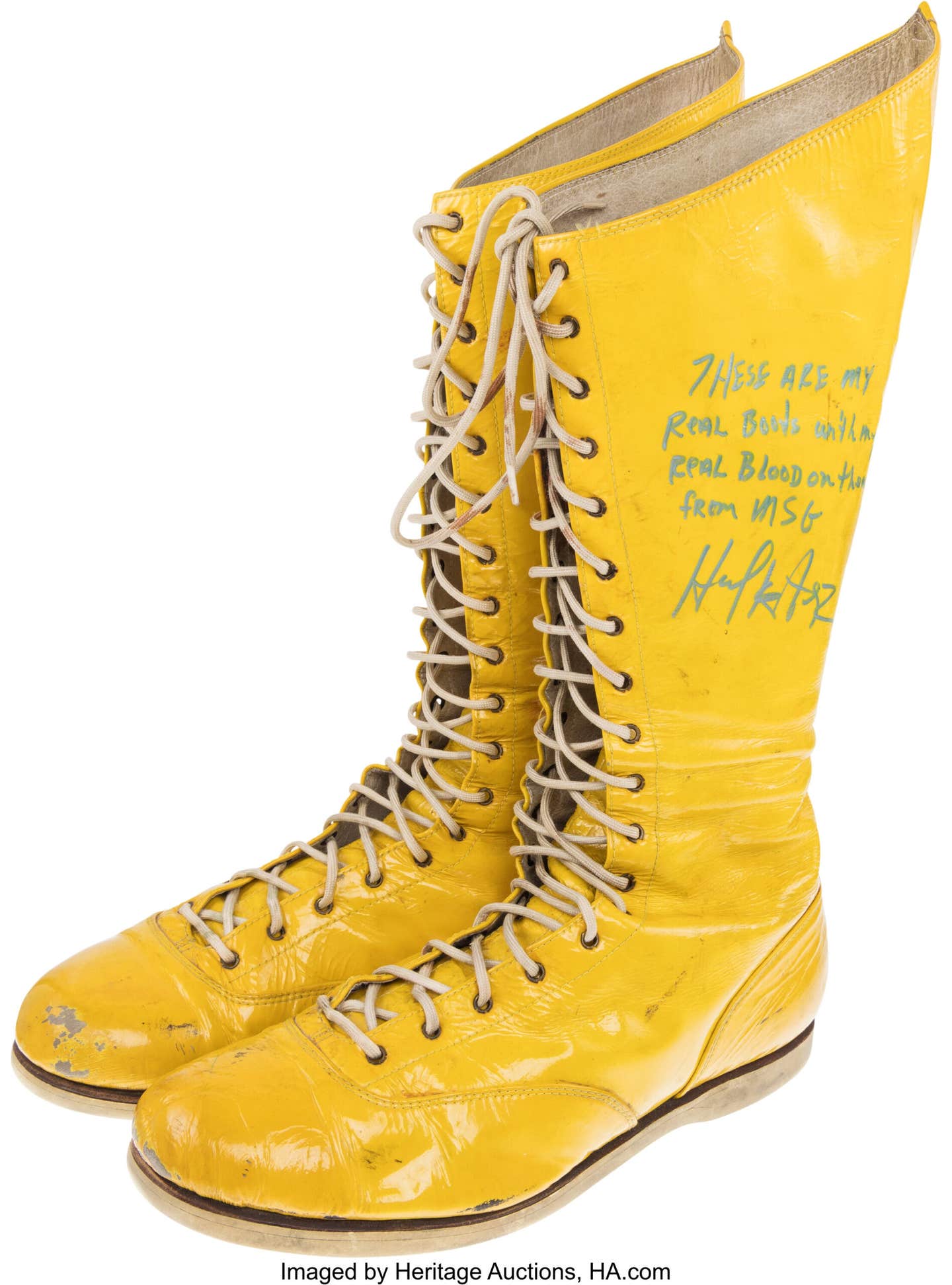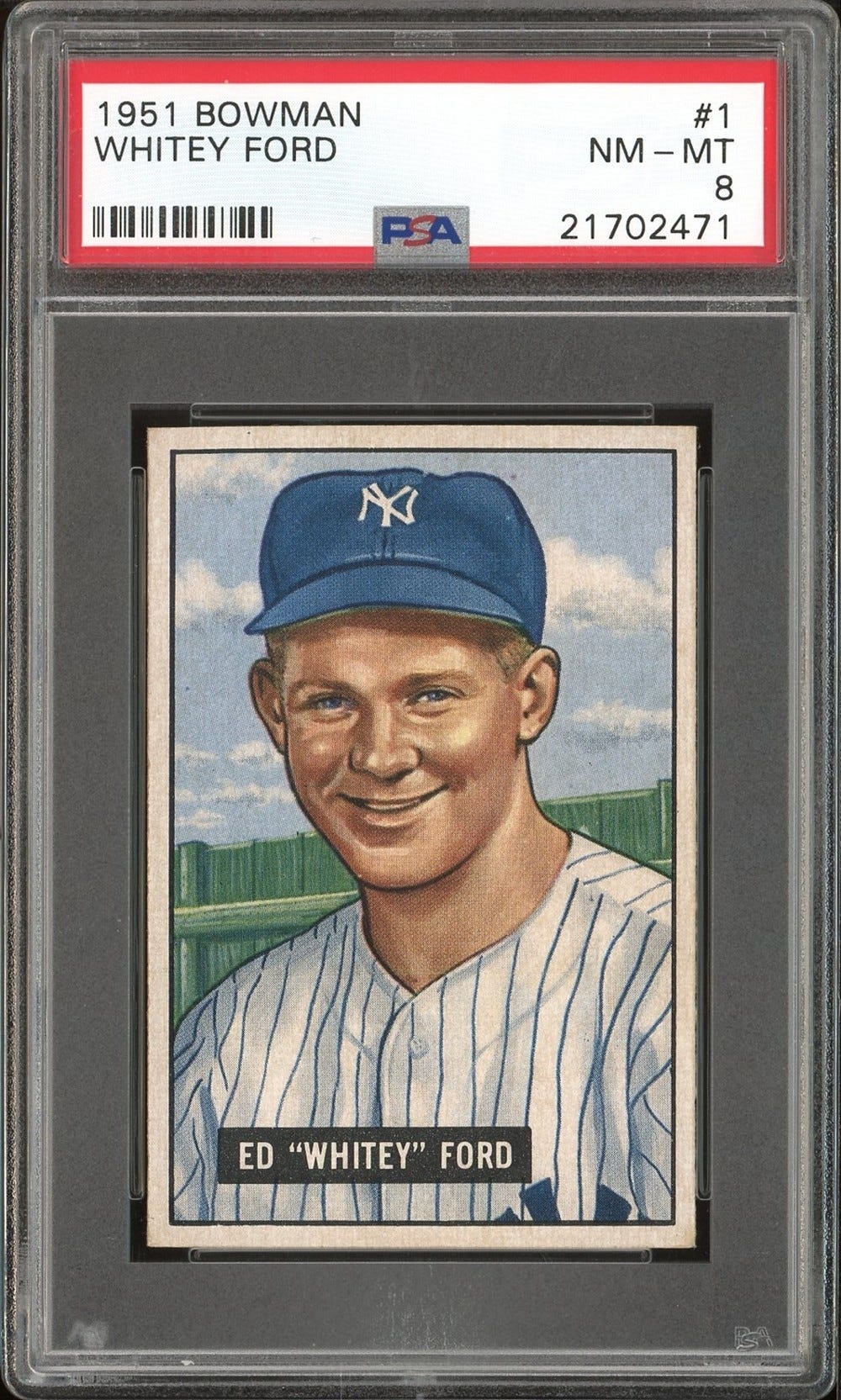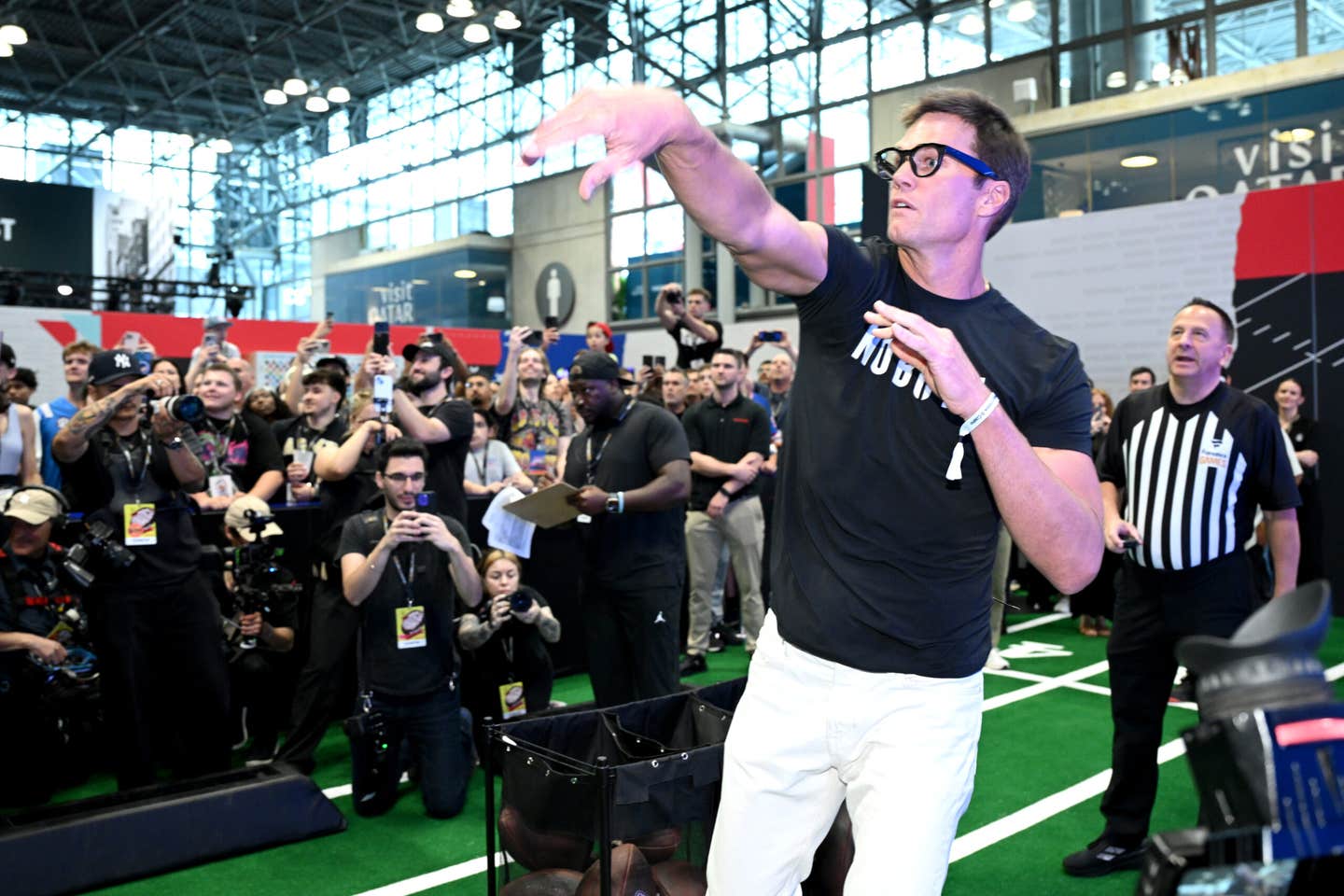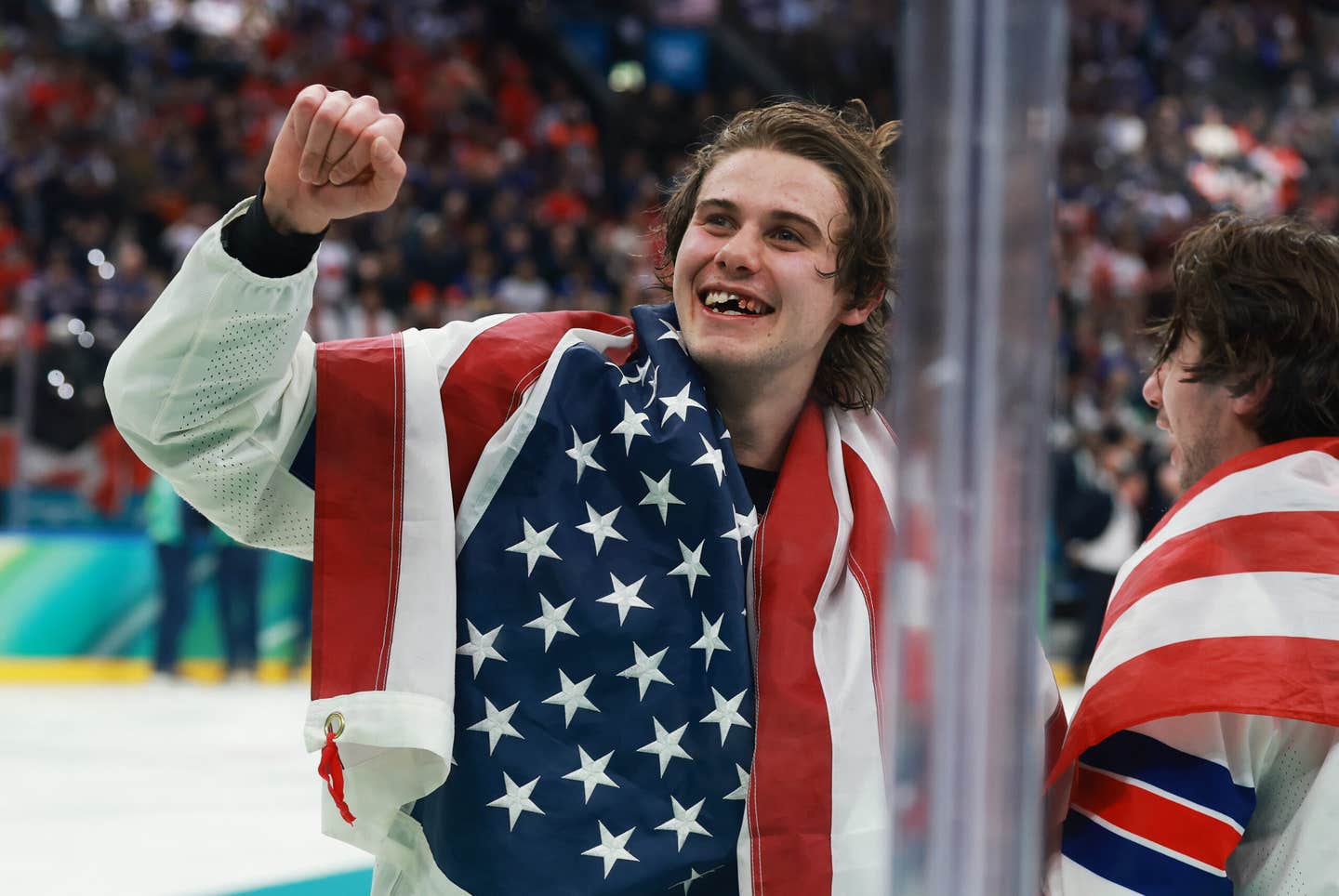For a player who understands the value of memorabilia collecting, the 2006 season brought more opportunities than Jason Bay could hope for.
The rising young Pirates star was a starting outfielder in last year's All-Star Game played at Pittsburgh's PNC Park.
While enjoying the adoration of Bucs fans, Bay also used the event to obtain autographs and collectibles from players he admires most.
"I've kind of made an effort to get some balls, bats or jerseys from guys who, when I'm done playing, I can say that I played with or against them," he said. "It means a little more knowing it's not just something you picked up, that you actually played against them."
Bay makes a point of seeking out older stars who might not be in the game much longer. Future Hall of Famers such as Greg Maddux have obliged his requests.
"I've got to get those while I can," Bay said. "Those were guys, when I was growing up, that I watched and admired. I always had a ton of cards growing up as a kid. It's something now that I've gotten into more."
In May 2006, Bay took part in the annual Hall of Fame Game at Cooperstown when Pittsburgh squared off against Cincinnati. The trip included a visit to the Hall, where he got an up-close look at some of the game's most valuable artifacts.
"We got to go down to the vault and swing a Babe Ruth bat and see a Ted Williams glove and stuff like that," he said. "That was pretty neat."
Playing in Pittsburgh, he quickly learned to appreciate Roberto Clemente's importance to baseball history, which gave extra meaning when touring the Hall.
"Seeing his locker was pretty cool," Bay said. "You go through there and just look at the names. I was soaking up the guys there and what they had done. Obviously you've got to do a lot to get there."
His own prospects?
"I'm not going to say, 'I'm going to be here some day,' " he said. "I'm kind of just going one day at a time. If everything works out that would be unbelievable. A great honor."
In just a few short years he's turned out to be a bona fide star, earning NL Rookie of the Year honors in 2004 after leading all first-year players in slugging percentage (.550), extra-base hits (54) and total bases (226). With his 26 home runs, Bay broke the Pirates rookie record (23) set by Johnny Rizzo in 1936 and matched by Ralph Kiner in 1946.
In 2005, he followed that up with a solid sophomore season, hitting .306 with 32 home runs and 101 RBI, leading the Pirates in every major offensive category. Last year, he lived up to his All-Star status with career highs in home runs (35) and RBI (109) and a .286 batting average.
A 2000 Montreal Expos draft pick, Bay was involved in a spring training 2002 trade to the Mets, who then shipped him to the Padres in mid-season of that same year. On Aug. 26, 2003, San Diego dealt Bay and Oliver Perez to the Pirates for Brian Giles, just the break he was looking for.
Upon arriving in the Steel City, Bay quickly joined the starting lineup and hit an impressive .291 in the last 27 games of the season. That led to his first full season in the majors (2004) and his selection as Rookie of the Year.
"You get traded, you move on," Bay said. "Things happen for a reason and I'm glad they did."
He couldn't be happier with skipper Jim Tracy, who took over in Pittsburgh before the 2006 campaign began.
"Jim's the type of guy, when he speaks you listen," Bay said. "He's the type of guy who makes losing tougher, because he's the type of guy you want to win for. He goes to bat for you; not an in-your-face type guy. If you don't do something right he'll kind of pull you off to the side and say, 'Hey! What were you thinking here?' For the most part, he's a very good motivator."
Tracy, likewise, has some impressive collectibles of his own.
"I have memorabilia of things that have taken place during the course of my career as a player and a few significant moments I've had thus far as a major league manager," he said. "I've got the ball from my first win and each 100 thereafter, so I've collected four of those thus far."
He entered the 2007 campaign six wins shy of 500 (494-478).
Tracy also has the ball from his first major-league hit (Cubs, 1980-81) and the day he went 4-for-4.
"We also have a case full of balls from different players that I've met along the way, either as a player, coach or manager," Tracy said. "I have a Willie Mays that I'm not turning loose. I can promise you that."
Following a brief playing career, Tracy spent nearly 20 years coaching at all levels of professional baseball before being named Dodgers skipper in 2000. In five seasons he had a 427-378 record (.527 winning percentage), including an NL West championship in 2004.
"My three boys were with me when I started managing in the minor leagues and started coaching at the major league level," he said. "They started to collect balls from players that I now manage against. This is a group of people they identify with. That's something I think the players in our industry need to be mindful of and recognize, that they are role models whether they realize it or not.
"There are kids out there that identify with them and as each generation changes they begin to identify with a new generation of players," he continued.
The Hall of Fame Game is one of the few remaining times and places where fans can meet players up close with genuine one-on-one interaction. The day's festivities include a parade through the streets of Cooperstown, a small upstate New York community at the south end of idyllic Otsego Lake. Open trolleys carry players from both big-league teams through the village to Doubleday Field, where the Hall of Fame Game is played.
Some players reach out to fans and sign autographs while riding to the ballpark. Others sign along the first- and third-base lines, where hundreds of kids and adults alike reach over the fence to have programs, balls and other items autographed.
"That's what this is all about," Bay said. "You see people line up in the streets and you realize what a big deal it is. It definitely puts things into perspective. Sometimes that gets lost as far as playing baseball. Stuff like that brings you back down to reality as far as how lucky you are just to be playing. It's something I'll never take for granted."
It's an attitude Tracy instills in his players whenever he can.
"I constantly talk to my players about appreciating and respecting the game that they're in and the game that they play," he said. "Because the window of opportunity, even for someone who has a lengthy career, is a very brief moment in your life. So respect that fact and go about your business accordingly."
The Pirates, beset with a small-market team's salary structure, finished a disappointing 67-95 in 2006, but have some bright young stars to build around, in addition to Bay. Freddy Sanchez won the National League batting title with a .344 mark and the Bucs have picked up slugger Adam LaRoche from Atlanta in a deal for closer Mike Gonzalez. LaRoche is considered the league's best defensive first baseman and had 32 home runs and 90 RBIs for the Braves last year.
One of the team's most important offseason changes was the announcement that board chairman Robert Nutting was taking over as controlling owner.
"I believe there is absolutely nothing more important than for our team to be able to win, not just for one year, but on a consistent basis," he said.
The Pirates have suffered through 14 straight losing campaigns, only two fewer than the Phillies' streak from 1933-48. Pittsburgh's $43.4 million payroll in 2006 was ranked 28th out of major league baseball's 30 teams, surpassing only the Devil Rays and Marlins.
For Tracy, the atmosphere is much different from glitzy L.A., but presents opportunities as well as challenges.
"I left a huge market in L os Angeles and came to Pittsburgh because I wanted to wear this uniform and get to the point where we become a winner again," he said. "It's a wonderful city, the fans are terrific. The fans are waiting on us, they support our ballclub. They get frustrated at times, rightfully so. The challenge for me is not so much going from a huge market to a small market. It's feeling very good about what was accomplished over five years in L.A. and knowing it's going to take some time, but getting to the same point in Pittsburgh. That's my goal."



